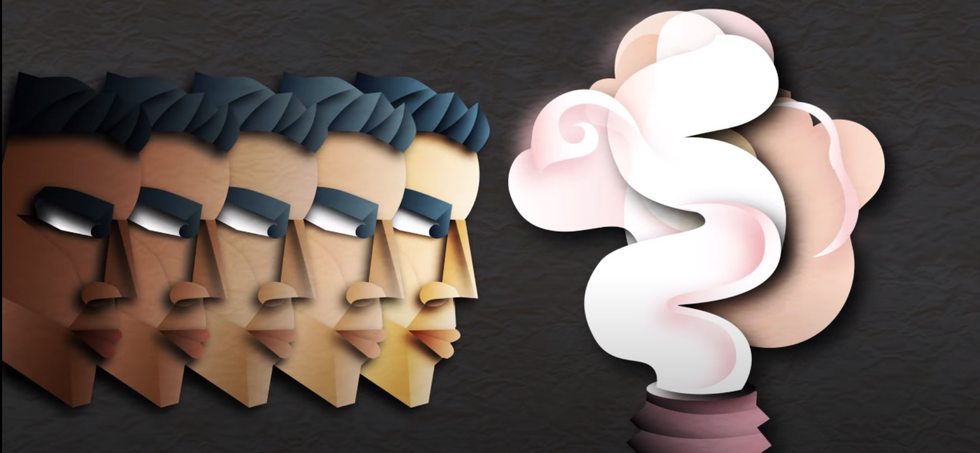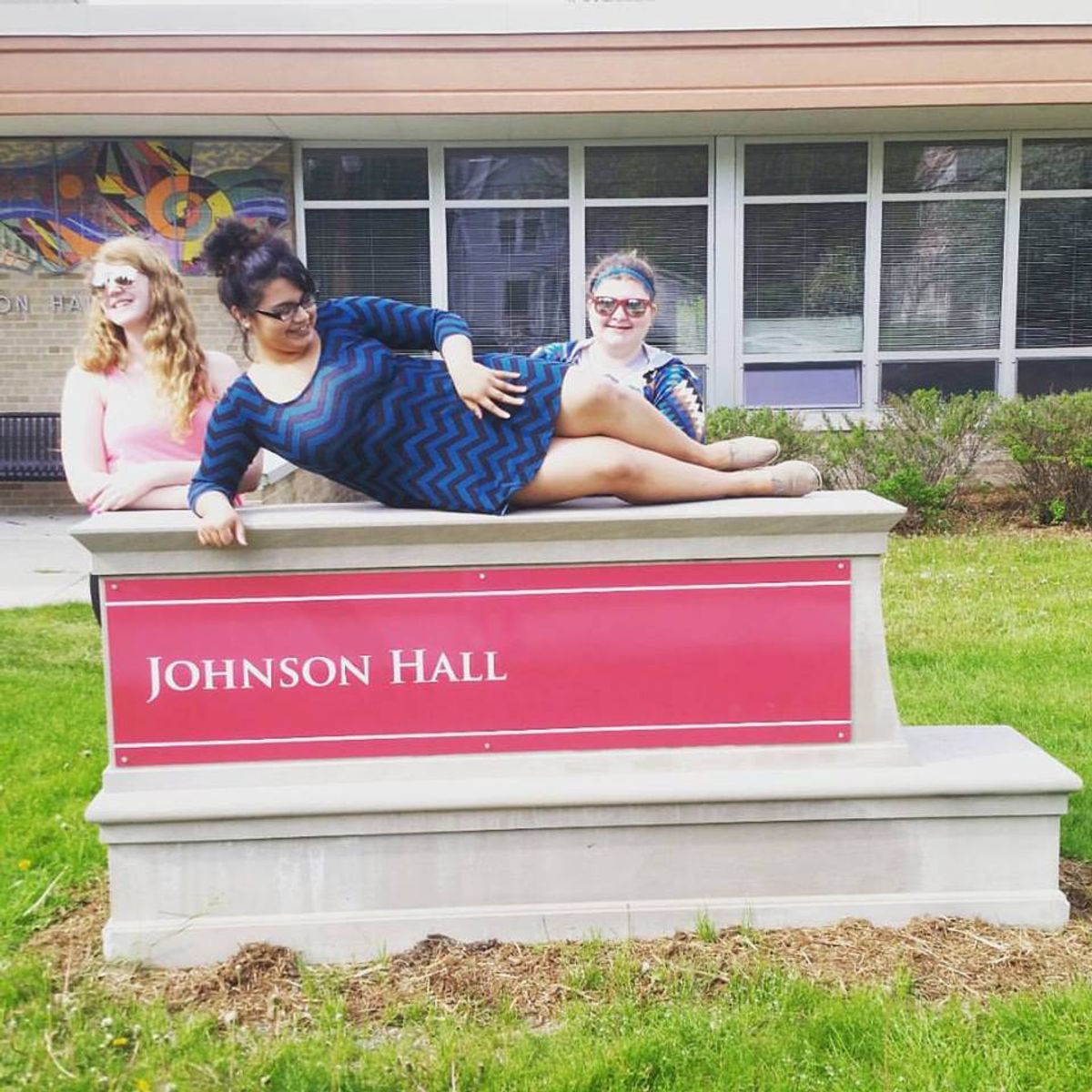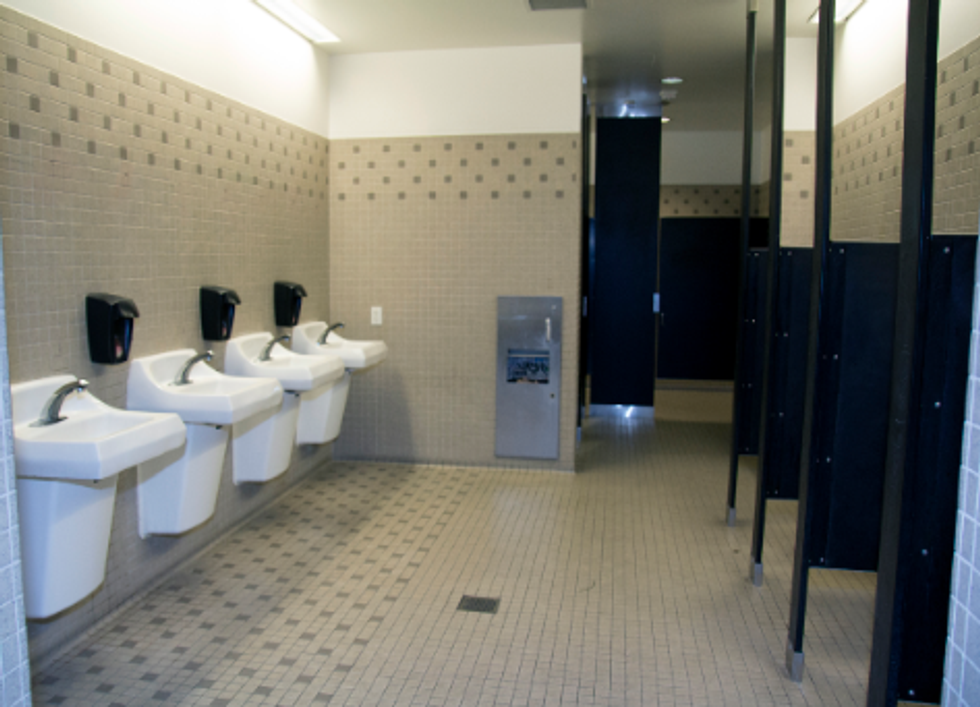South Asia has an anti-black problem. We see it with Fair and Lovely, a popular skin lightening cream in India, we see it in our grandparents' words where they praise your "fair" cousin's beauty, and we see it in the discrimination of those of South Asian descent who have a dark skin tone. This South Asian colorism in America has transformed into covert, and often overt, racism against black communities.
For some reason, South Asian communities in America are not ashamed of colorism. They'll happily slather sunscreen on you, not to protect from UV radiation but to ensure that you don't get any darker. But when you point out racism in the community, they refuse to acknowledge or admit it. "Progressive" parents will encourage you to marry whoever you want, as long as they're not black. Older South Asian people often refer to black people by slurs in their native language, and when you point it out to others, they'll say, "They're just old. It's fine. Ignore it. Don't disrespect them."
Racism is not only restricted to the older population. Indian American teenagers and adults often appropriate black culture - they think that since they're also a minority, it gives them the right to adopt the culture of other minorities. We see this even in "progressive" media influencers. Like Lily Singh, who adopts black vernacular all the time and labels them as something she's invented. Or take Hasan Minaj: though he is redeeming himself through Patriot Act, he took the creative decision to say "sand n-word," referring to the Muslim slur after 9/11, in Homecoming King, like a weird excuse to say the n-word. On that note, just because you are a minority or you "have black friends" does not give you the right to say the n-word.
Asian communities in general take their position for granted. We consider ourselves to be the model minority and we use that to our advantage in two ways: we use it as proof that all minorities can succeed as long as we put in the hard work and we use it to put our struggles on the same platform as black struggles to appropriate their experiences. But our experiences are not the same as black experiences. We can identify with the struggle of being a minority, but we cannot identify with the pain of police brutality, the years of slavery, or the systemic obstacles that restrict the black community from success.
We say that only older South Asians use this bigoted rhetoric and that they are too old to change. However, we clearly see it seep into our daily behavior. There is a limit to respecting your elders, especially when those elders are disrespecting the struggles of other minorities. It is racist and there is no denying it. I often hear them say that black people do not show that they deserve respect. But it isn't the job of the black community to show that they deserve our respect - when have we shown them that we deserve their respect? It is our responsibility as the next generation of South Asians to speak up at injustice within our community regardless of the source so we can give the black community the respect they already deserve.











 Photo by
Photo by 








